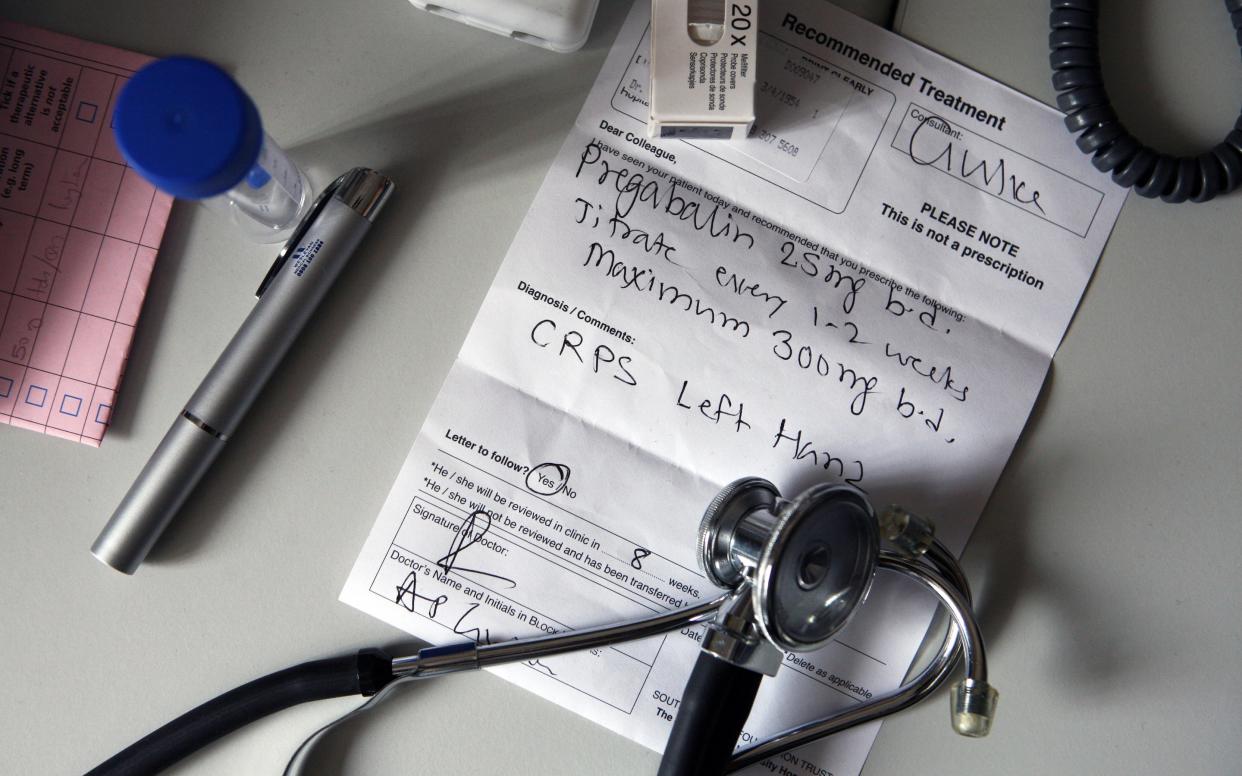GP ‘bribes’ to diagnose dementia undermine patients’ trust in doctors

Paying GPs to identify dementia undermines patients’ trust in doctors, a study suggests.
In recent years, health officials have introduced a series of schemes which typically pay family doctors £55 a head for every patient classed as having the condition.
The initiatives came despite concern from some GPs that they would be seen as “bribes” which could sway doctors towards misdiagnosis.
Researchers from the University of York examined more than 7,000 practices in England to examine the impact of the schemes, which began to be introduced in 2013.
The study found that the incentives were associated with a significant fall in confidence and trust in the GP – of around five percentage points, in patient polling.
Across all practices, around 68 per cent of patients said they had trust and confidence in their doctors. A similar fall was seen in the extent to which patients felt that care was centred around on them, while access to care fell by 3.6 percentage points.
A number of GPs objected to the payments system, calling it an “ethical travesty” which amounted to “cash for diagnoses”.
The new study said the incentives, which were in place from 2013 to 2016, were associated with an increase in diagnosis rates.
Previous research has shown that the percentage of dementia sufferers with a diagnosis is estimated to have risen from 52 per cent to 69 per cent over the period.
The new study said the schemes were associated with a small but significant increase in quality of clinical care – of around 0.7 per cent – and a 1.3 per cent increase in the number of sufferers given an annual review.
But it said the findings suggested the schemes were associated with some negative effects on patient experience, in particular when it came to trust and confidence in GPs.
Researchers also called for further research to explore whether such initiatives increase the risk of “gaming” with cases being inappropriately classed as likely dementia.
“There are no data to test whether practices assessed cases inappropriately in order to gain financially from the schemes,” the authors warn.
And they said there was a risk of misdiagosis which could have “truly tragic consequences”, especially if doctors felt pressured into providing an early diagnosis.
Two main systems of incentives for dementia diagnosis were introduced across the NHS, reaching participation rates of 98.5 per cent and 76 per cent respectively, the study found.
Some individual schemes introduced by parts of the NHS offered GPs as much as £200 per head for diagnosis of dementia.
Family doctors are already financially rewarded for carrying a host of medical checks, with a portion of their pay related to tasks such as taking blood pressure, measuring cholesterol and carrying out tests for conditions such as diabetes.
But the scheme was the first national initiative to offer doctors financial rewards for diagnosing patients with dementia.
It followed pledges by ministers to dramatically improve rates of dementia diagnosis.

